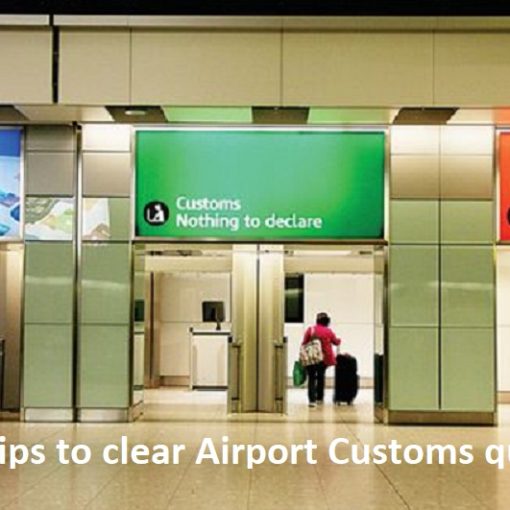Table of Contents

Impact of Brexit
An analysis of the long-term consequences of Britain‘s departure from the European Union found that nine out of ten British manufacturers are having trouble doing business with the EU and finding qualified staff because of Brexit. In December 2020, the UK and the EU signed the Trade and Cooperation Agreement (TCA), enabling tariff-free trade.
Business is still having trouble with the consequences of customs bureaucracy and logistics problems, according to Make UK, a trade association, which stated that “little improvement” has been achieved since it conducted its first post-Brexit poll in mid-2021.
A statement by Stephen Phipson
British businesses are struggling to break into overseas markets, but navigating the country’s biggest trading partner presents a “mine of challenges”, says Stephen Phipson, chief executive of Make UK. He urged the government to support business with more action.
“What is needed is an exports council to deliver a joined-up policy to support trade which should be incorporated into the body delivering an overarching industrial strategy here in the UK,” he added.

UK-EU trade Agreement
The UK-EU Trade and Cooperation Agreement was introduced in January 2021 after the UK exited the EU’s single market and faced a significant increase in trade barriers for exporters, causing a decline in British trade.
Make UK 2023 Trade
According to the Make UK 2023 Trade Bulletin, despite the additional restrictions, 74% of companies surveyed continued to export to the EU. Furthermore, even though inflation drove an increase in the monetary worth of exports, the volume of exports in 2022 was still lower than it was prior to Brexit.
According to the study, a greater percentage of manufacturers—40%—indicated that export volumes to the EU were declining, while just roughly one-third stated they were increasing.
